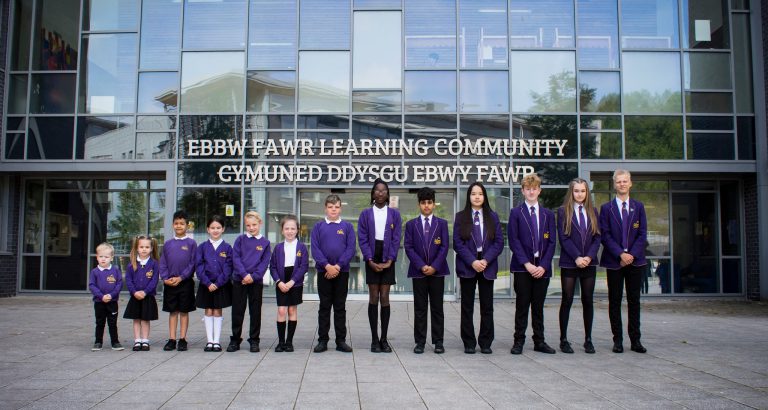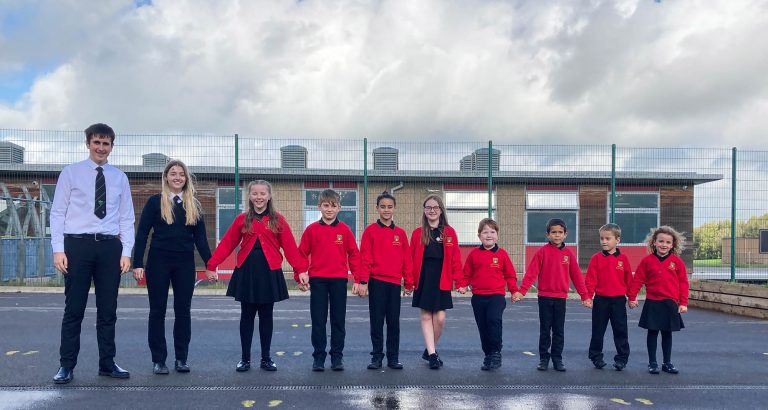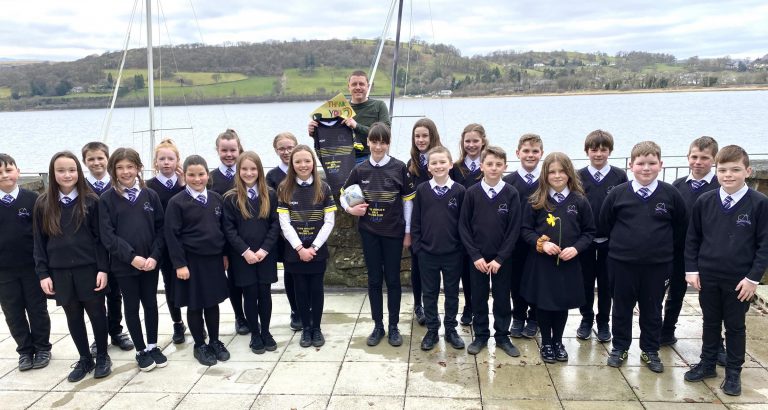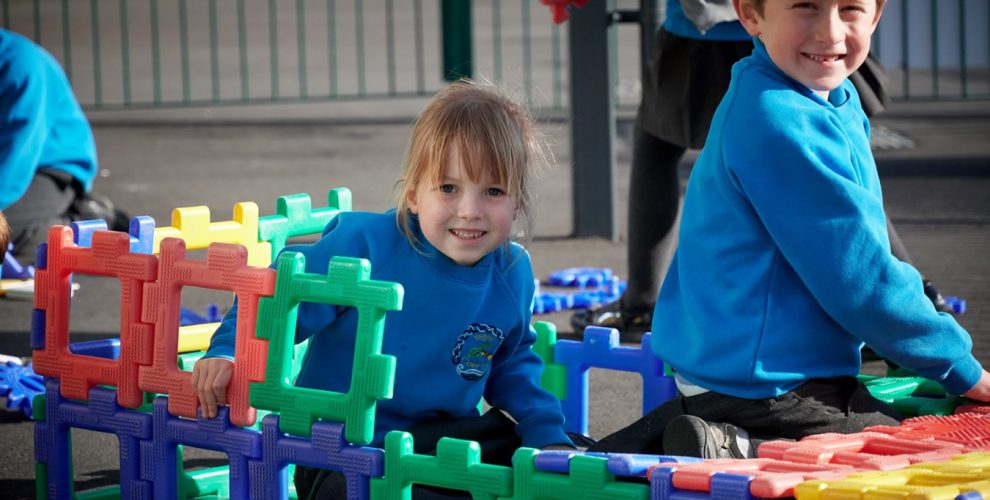A comparative study of pedagogy, leadership, and well-being in all-age school settings.
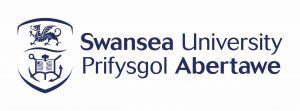
Research published by Swansea University School of Education.
For more information about ERASMUS PLUS project:
Dr. Alma Harris FAcSS, FLSW, FRSA alma.harris@swansea.ac.uk
Dr. Michelle Jones FAcSS, FLSW, FRSA michelle.s.jones@swansea.ac.uk
Background
This comparative research project is focusing upon all-age schools (also known as all-though schools or through schools), in different countries (Wales, Spain and Iceland). Over three years (2000-2023) it will explore the contribution of pedagogy and leadership to student learning and student well-being.
All-age schools combine at least two stages of a child’s education (typically primary and secondary) and it has been argued that they help avoid the well-researched difficulties encountered at the ‘transition phase’ between primary and secondary education.
Most of the research on the transition phase shows a negative impact on student learning and well-being. In contrast, research suggests that all-age schools provide a seamless transition between primary and secondary school (Benner & Graham, 2009; Lester & Cross, 2015; Pellegrini & Long, 2002; Temkin et al. 2018; West, Sweeting & Young, 2010).
This ERASMUS plus research project will explore the pedagogical approaches in all age schools, the leadership practices they reflect, and the impact on students’ mental health and wellbeing. It will explore pedagogy, leadership, student wellbeing through an in-depth, comparative analysis of all-age schools in three very different contexts.
The countries selected for comparison, have a variety of all-age provision, therefore they offer a rich basis upon which to collect empirical data and to compare this form of schooling. The international empirical literature on all-age schools is not extensive, so this research will contribute significantly to the knowledge base and will enable conclusions to be drawn about the contribution of this form of schooling to students’ learning and their well-being.
This research project aims to explore three inter-related themes in relation to all-age schools.
- Pedagogical approaches and innovations in teaching and learning;
- The effective leadership of all-age schools including the most effective leadership structures and practices;
- The impact of all-age settings on students’ mental health and well-being
The project will collect evidence that will offer insights and empirical evidence relating to these themes.
Research Aims
This research aims to provide contemporary evidence about pedagogical and leadership practices in all age schools, in a range of settings, and to explore how their contribution to student learning and wellbeing. This research project will strengthen the knowledge base on pedagogy and leadership approaches in all-age school settings. It will provide evidence that will support teachers, in such settings, to develop innovative teaching and leadership approaches.
The project will provide data on the most effective leadership structures in all-age schools including evidence about the impact of different leadership practices, such as distributed leadership and teacher leadership. It will consider issues of students’ mental health and well-being, providing insights into the ways in which the well-being of students is supported in an all age school setting.
This research project aims to secure a better understanding of the how all-age schooling, in different contexts, works. It will consider how such schools provide students with a positive learning environment and will illuminate the innovative pedagogical processes in place in such schools. It will explore the relationship between an all-age school environment and students’ wellbeing /mental health.
This research will ensure that all-age schooling is better understood, within and across national borders and by taking a comparative perspective, it will afford a deeper understanding of the contribution this form of education makes to the provision of talented and well-adjusted young people.
With the increasing internationalisation of education, a comparative study of this nature and scope is important for policy makers, in different countries, with an interest in improving educational performance and student well-being. It will also be of value to those leading all-age schools and to teachers who are working within young people in all-age settings.
Progress
During 2000/2021 the project team have administered a pupil survey in all three counties with a focus on well-being. Swansea University led on the design of the survey and the analysis of data. It is hoped to extend this survey within the Welsh context during 2021/22.
The team from Iceland are leading on the next phase of the research which will focus on leadership models and practices in all age/through school setting.
For more information about ERASMUS PLUS project:
Dr. Alma Harris FAcSS, FLSW, FRSA alma.harris@swansea.ac.uk
Dr. Michelle Jones FAcSS, FLSW, FRSA michelle.s.jones@swansea.ac.uk
Acknowledgements
Dr. Alma Harris, Dr. Michelle Jones - Swansea University School of Education
Schools included in the project:
N/A
AUTHORS
Dr. Alma Harris, Dr. Michelle Jones - Swansea University School of Education


